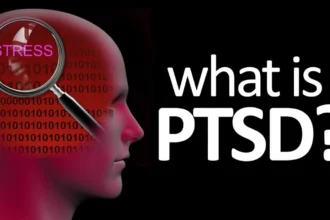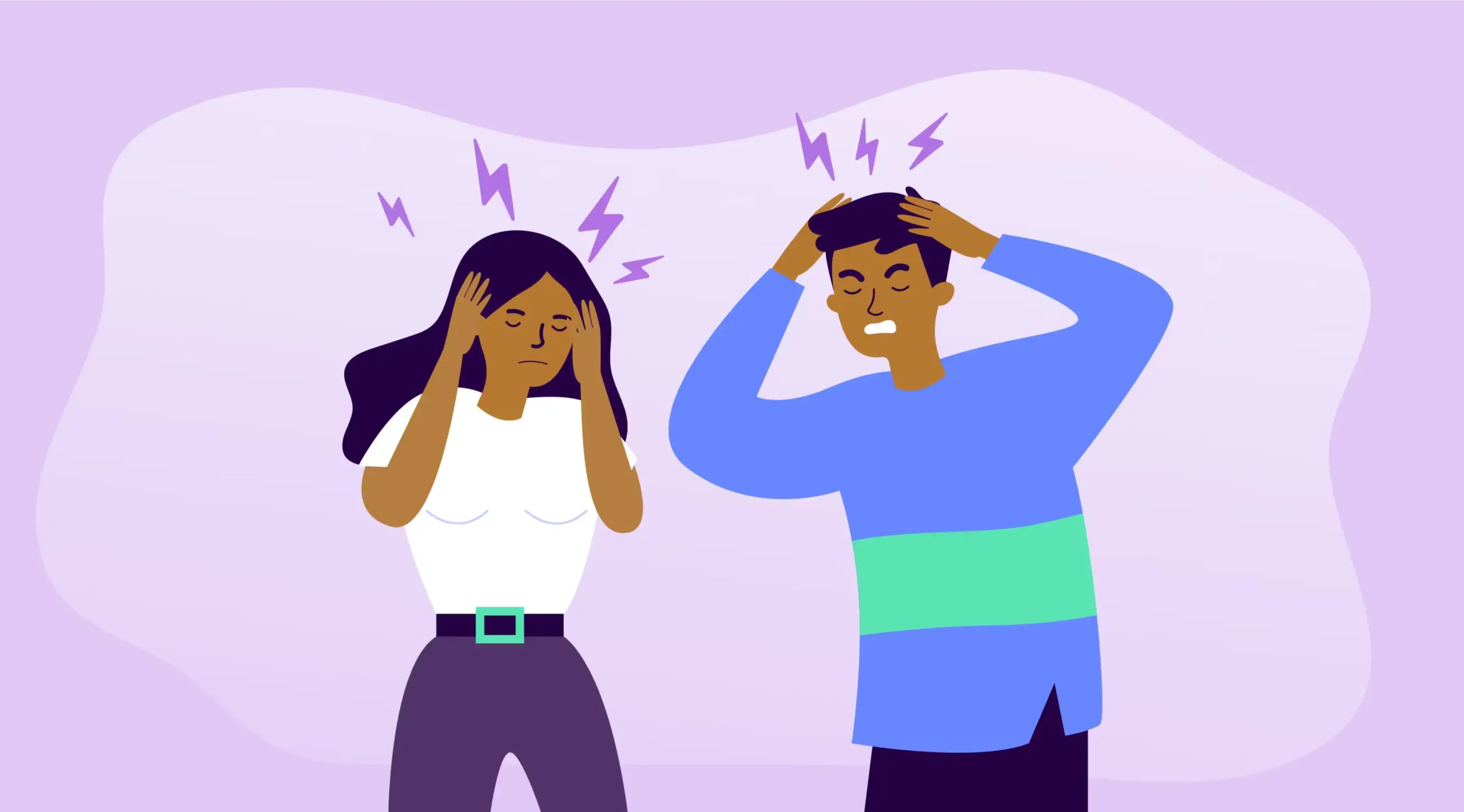What is social anxiety disorder
Social anxiety disorder, also known as social phobia, is a mental health condition characterized by a persistent and intense fear of social situations.
People with social anxiety disorder may experience overwhelming anxiety and self-consciousness in social situations, such as:
- speaking in public
- meeting new people
- or eating
- or drinking in front of others.
The fear and anxiety associated with social situations can be so intense that it interferes with a person’s daily life:
- making it difficult to form
- and maintain relationships
- attend social gatherings
- or perform well in school or at work.
In some cases, people with social anxiety disorder may avoid social situations altogether, which can lead to feelings of isolation and loneliness.
Social anxiety disorder is a common mental health condition, affecting an estimated 6.8% of the US population in any given year.
It can be treated with:
- therapy
- medication
- or a combination of both.
Social anxiety test
a few general screening questions that may indicate if you could benefit from talking with a mental health professional about social anxiety disorder.
- Do you experience intense fear or anxiety in social situations, such as speaking in public, meeting new people, or eating or drinking in front of others?
- Do you worry excessively about being judged, criticized, or rejected by others in social situations?
- Do you avoid social situations or endure them with intense anxiety or distress?
If you answered “yes” to one or more of these questions, it may be helpful to talk with a mental health professional about your concerns.
A trained mental health professional can provide you with a proper diagnosis, treatment options, and support.
Remember, seeking help for social anxiety disorder is a sign of strength, and effective treatments are available to help you manage your symptoms and improve your quality of life.

Symptoms
Social anxiety disorder can cause a range of emotional, behavioral, and physical symptoms.
Some common symptoms of social anxiety disorder may include:
- Excessive anxiety or fear in social situations, especially those involving unfamiliar people or situations.
- Intense self-consciousness and fear of being judged or scrutinized by others.
- Avoidance of social situations or enduring them with intense anxiety or distress.
- Difficulty making eye contact or speaking in public.
- Physical symptoms such as sweating, trembling, blushing, nausea, or an upset stomach.
- Excessive worry or rumination about social situations before or after they occur.
- Fear of being the center of attention, or of being embarrassed or humiliated in front of others.
- Difficulty making friends or maintaining relationships due to social anxiety.
- Avoidance of situations that may trigger anxiety, such as parties or public speaking engagements.
It’s important to note that everyone experiences anxiety from time to time, and some anxiety in social situations is normal.
However, if your anxiety is persistent, excessive, and interfering with your daily life, it may be a sign of social anxiety disorder and you may benefit from seeking professional help.
A mental health professional can provide a proper diagnosis and recommend appropriate treatment options.
Social anxiety causes
The exact causes of social anxiety disorder are not fully understood, but research suggests that a combination of genetic, environmental, and psychological factors may contribute to its development.
Here are some of the potential causes of social anxiety disorder:
- Genetics: Social anxiety disorder tends to run in families, suggesting that there may be a genetic component to the disorder.
- Brain chemistry: Imbalances in certain neurotransmitters, such as serotonin and dopamine, have been linked to anxiety disorders.
- Environmental factors: Traumatic experiences, such as bullying, abuse, or neglect, can contribute to the development of social anxiety disorder.
- Learned behavior: Social anxiety can also be learned through experiences, such as being embarrassed or humiliated in front of others, or through observing others’ anxious behavior.
- Personality traits: People who are naturally shy, introverted, or sensitive may be more prone to developing social anxiety.
It’s important to note that social anxiety disorder is a complex condition, and there is no one single cause that can explain all cases of the disorder.
A combination of these and other factors can contribute to its development.
Learn more: Psychological causes of anxiety

social anxiety treatment
It can be effectively treated with a combination of therapy, medication, and self-help strategies.
Here are some common treatment options for social anxiety disorder:
1. Cognitive-behavioral therapy (CBT): This type of therapy helps people with social anxiety disorder identify and change negative thought patterns and beliefs that contribute to their anxiety.
.2. Medication: Antidepressants and anti-anxiety medications can be helpful in reducing the symptoms of social anxiety disorder.
3. Self-help strategies: Self-care strategies such as exercise, meditation, and deep breathing can be helpful in reducing anxiety symptoms.
4. Support groups: Joining a support group or seeking support from friends and family can be helpful in managing social anxiety disorder.
It’s important to work with a mental health professional to determine the best treatment plan for your specific needs.
With proper treatment, many people with social anxiety disorder are able to manage their symptoms and improve their quality of life.
Learn more: How to deal with anxiety and stress
Social anxiety medication
There are several types of medications that may be prescribed for social anxiety disorder.
These medications are typically prescribed by a psychiatrist or other healthcare provider and are often used in combination with therapy and self-help strategies.
Here are some common medications used to treat social anxiety disorder:
- Selective serotonin reuptake inhibitors (SSRIs)
- Serotonin-norepinephrine reuptake inhibitors (SNRIs)
- Benzodiazepines
- Beta-blockers
It’s important to discuss the potential benefits and risks of medication with a healthcare provider, as well as any potential interactions with other medications or medical conditions.
Medication can be an effective tool in managing social anxiety disorder, but it is typically used in combination with therapy and self-help strategies for the best outcomes.

Conclusion
social anxiety disorder is a common mental health condition that can cause significant distress and interfere with a person’s daily life.
However, effective treatments, such as:
- therapy
- medication
- and self-help strategies
are available to help manage the symptoms of social anxiety disorder.
If you or someone you know is struggling with social anxiety, seeking help from a mental health professional can be an important step towards improving overall well-being and quality of life.













